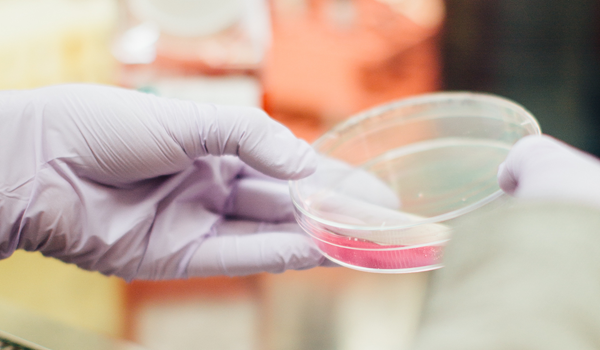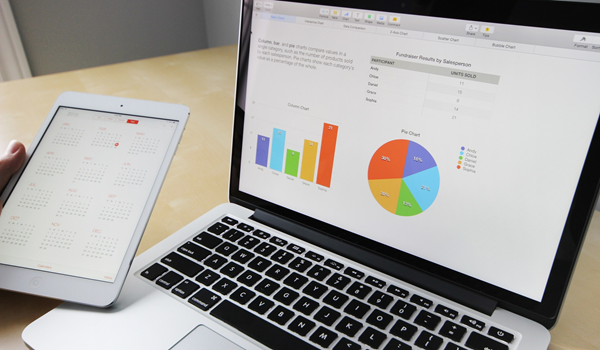Test Results
Results Of Tests And Investigations
Results are reviewed by a Doctor when they are returned to us and may result in the below actions:
Normal results - You will not be contacted if your result is normal.
Abnormal - The doctor will evaluate the urgency of a followup meeting depending on the result. In most cases this will be a routine follow up which will be scheduled and notified to you OR a letter will be sent for you to contact us to book in,
Please note that due to high demand and limited capacity a routine followup may be scheduled for 4-6 weeks.
You can also access your test results on the NHS app.
Hospital Tests - Please contact the relevant hospital team to enquire about results. You may be able to view results on the NHS app.

Blood Tests
A blood test is when a sample of blood is taken for testing in a laboratory. Blood tests have a wide range of uses and are one of the most common types of medical test. For example, a blood test can be used to:
- assess your general state of health
- confirm the presence of a bacterial or viral infection
- see how well certain organs, such as the liver and kidneys, are functioning
A blood test usually involves the phlebotomist taking a blood sample from a blood vessel in your arm and the usual place for a sample is the inside of the elbow or wrist, where the veins are relatively close to the surface. Blood samples from children are most commonly taken from the back of the hand. The childs hand will be anaesthetised (numbed) with a special cream before the sample is taken.
You can find out more about blood tests, their purpose and the way they are performed on the NHS Choices website.
X-Rays
An X-ray is a widely used diagnostic test to examine the inside of the body. X-rays are a very effective way of detecting problems with bones, such as fractures. They can also often identify problems with soft tissue, such as pneumonia or breast cancer.
If you have an X-ray, you will be asked to lie on a table or stand against a surface so that the part of your body being X-rayed is between the X-ray tube and the photographic plate.
An X-ray is usually carried out by a radiographer, a healthcare professional who specialises in using imaging technology, such as X-rays and ultrasound scanners.
You can find out more about x-ray tests, how they are performed, their function and the risks by visiting the NHS Choices website.
